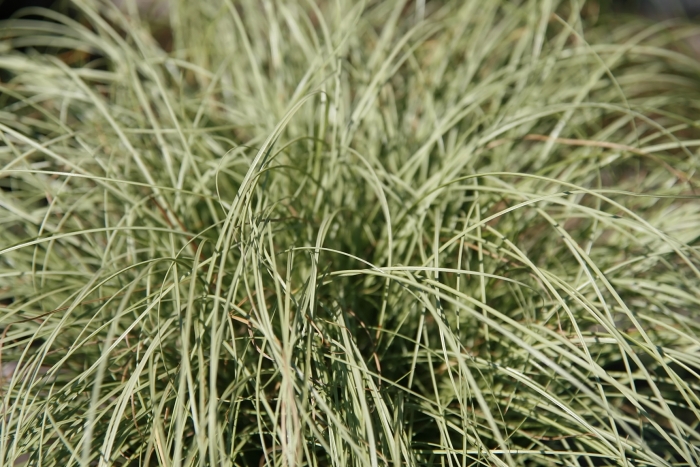New Zealand Hair Sedge
(Carex comans)
New Zealand Hair Sedge (Carex comans)
/
/

Photo by David J. Stang
CC BY-SA 4.0
Image By:
Photo by David J. Stang
Recorded By:
Copyright:
CC BY-SA 4.0
Copyright Notice:
Photo by: Photo by David J. Stang | License Type: CC BY-SA 4.0 | License URL: https://creativecommons.org/licenses/by-sa/4.0 | Uploader: David Stang | Publisher: Wikimedia Commons | Title: Carex_comans_Frosted_Curls_1zz.jpg | Notes: == {{int:filedesc}} == =={{int:filedesc}}== {{Information |Description=''Cestrum nocturnum'' also known as ‘Queen of the Night’ It is my next-door neighbour's bush, - after sunset in the warmer weather, the flowers open and release the most a
































Estimated Native Range
Summary
Carex comans, commonly known as New Zealand Hair Sedge, is an evergreen perennial grass native to the open grasslands and tussock grasslands of New Zealand. It forms dense tufts of fine-textured, hair-like foliage that can reach 1-2 feet (0.3-0.6 meters) in both height and width. The leaves are a striking silver-green or bronze color, and the plant produces inconspicuous brown flower spikes in the summer. The foliage has a cascading habit, making it visually appealing throughout the year.
New Zealand Hair Sedge is valued for its texture and color, which add visual interest to garden compositions. It is often used in rock gardens, as ground cover, and in contemporary garden designs for its ease of maintenance and drought tolerance once established. It prefers well-drained soils and can tolerate a range of soil types, from sandy to loamy. While it thrives in full sun or part shade, it requires protection from intense afternoon sun in hotter climates to prevent leaf scorch. This sedge is generally pest and disease-free but can suffer from root rot in poorly drained soils. It is not known for aggressive roots or significant invasiveness, but it can self-seed in favorable conditions.CC BY-SA 4.0
New Zealand Hair Sedge is valued for its texture and color, which add visual interest to garden compositions. It is often used in rock gardens, as ground cover, and in contemporary garden designs for its ease of maintenance and drought tolerance once established. It prefers well-drained soils and can tolerate a range of soil types, from sandy to loamy. While it thrives in full sun or part shade, it requires protection from intense afternoon sun in hotter climates to prevent leaf scorch. This sedge is generally pest and disease-free but can suffer from root rot in poorly drained soils. It is not known for aggressive roots or significant invasiveness, but it can self-seed in favorable conditions.CC BY-SA 4.0
Plant Description
- Plant Type: Grass
- Height: 1-2 feet
- Width: 1-2 feet
- Growth Rate: Moderate
- Flower Color: N/A
- Flowering Season: Summer
- Leaf Retention: Evergreen
Growth Requirements
- Sun: Full Sun, Part Shade
- Water: Medium
- Drainage: Medium
Common Uses
Bank Stabilization, Bird Garden, Border Plant, Deer Resistant, Drought Tolerant, Groundcover, Low Maintenance, Potted Plant, Rock Garden, Street Planting
Natural Habitat
Open grasslands and tussock grasslands of New Zealand
Other Names
Common Names: Frosted-Curls, Mop-Headed Sedge, Curled Sedge, Longwood Tussock, Maurea, Tokanui Tussock
Scientific Names: , Carex comans, Carex comans var. pulchella, Carex comans f. stricta, Carex comans var. cheesemanii, Carex vilmorinii, Carex cheesemanii, Carex pulchella,
GBIF Accepted Name: Carex comans Berggr.